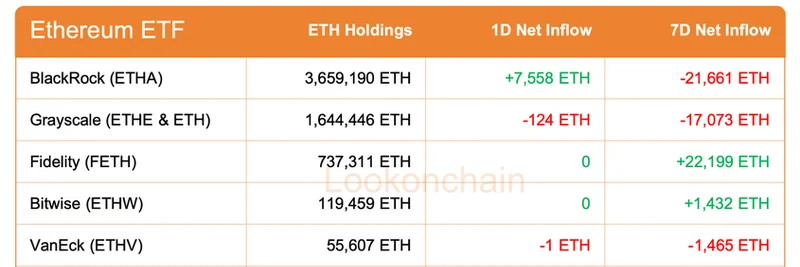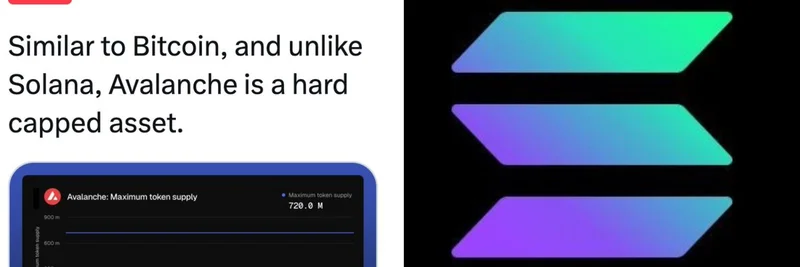In the fast-paced world of blockchain and DAOs, governance models are constantly evolving to better align incentives and drive better decisions. Recently, a tweet from Dean Machine (@_Dean_Machine), Director at Realms DAOs, sparked discussion by critiquing futarchy and advocating for Sowellian Governance as a more effective approach.
The Spark: A Quote Tweet on Futarchy
The conversation started with a post from Joph (@0xjoph), who praised MetaDAO for its use of futarchy—a governance model pioneered by economist Robin Hanson. Futarchy uses prediction markets to make decisions: communities define measurable goals, traders bet on which strategies will achieve them, and the DAO follows the market's strongest signal. Joph highlighted MetaDAO's successes, like executing over 15 proposals and surviving a $250K manipulation attempt, and announced their "Futarchy as a Service" to help other DAOs adopt it.
But Dean Machine wasn't buying it. In his quote tweet, he argued that believing in futarchy requires ignoring the facts. He called it a "mind virus" where people chant "futarchy fixes this" without examining actual outcomes. While acknowledging that market-based governance can work, he pointed to Sowellian Governance as the only viable solution he's seen.
Understanding Futarchy: Prediction Markets in Action
Futarchy, short for "futures" and "anarchy," flips traditional voting on its head. Instead of token holders simply voting yes or no, it relies on prediction markets—platforms where people bet on future events. For a DAO, this means setting clear, quantifiable goals (like increasing user adoption or treasury value) and letting the market decide which proposal best achieves them. The idea is that traders, motivated by profit, provide a more accurate signal than apathetic voters.
However, critics like Dean point out potential flaws: low participation, manipulation risks (despite MetaDAO's resilience), and the complexity that might alienate community members. In meme token ecosystems, where hype and sentiment drive value, such a system could either stabilize decisions or amplify volatility if markets get gamed.
Sowellian Governance: A New Bet on Better Decisions
Inspired by economist Thomas Sowell—known for emphasizing trade-offs and real-world outcomes—Sowellian Governance is a fresh take on market-based systems, built specifically for Solana DAOs via Realms. Unlike futarchy's ongoing trading, Sowellian uses a one-time betting mechanic where voters "bet" their tokens on a proposal's success, tied to key performance indicators (KPIs).
Here's how it breaks down simply:
- Proposers Bond Tokens: Anyone proposing an idea puts skin in the game by bonding tokens, earning rewards if the proposal succeeds based on predefined KPIs.
- Voters Bet with Conviction: Community members bet once on whether the proposal will meet its goals, rather than trading continuously. This encourages thoughtful participation.
- Outcomes Build Reputation: Winners gain influence for future votes, while the treasury grows from forfeited bets on losing sides.
- Efficiency for Uncontested Ideas: If a proposal gets 90% support without opposition, it skips the evaluation phase and proceeds automatically.
This model aims to reward accurate predictions and penalize poor ones, fostering accountability. As Dean mentioned in related discussions, it's designed to avoid the pitfalls of token voting (like low turnout and capture by big holders) while being more straightforward than full prediction markets.
For meme tokens, which often start as jokes but evolve into serious communities (think Dogecoin or newer Solana memes like Bonk or Popcat), Sowellian could be a game-changer. It ties governance to measurable results, like community growth or token utility, helping these projects transition from hype-driven to sustainable.
Why This Debate Matters for Meme Tokens
Meme tokens thrive on community energy, but poor governance can lead to rugs, dumps, or faded interest. On Solana, where low fees enable rapid experimentation, tools like Sowellian Governance could empower meme DAOs to make data-driven decisions. Imagine a meme project betting on marketing campaigns or partnerships, with winners earning more say—aligning incentives for long-term success.
Dean's critique reminds us that no system is perfect; it's about trade-offs, as Sowell would say. While futarchy has its proponents, Sowellian offers a Solana-native alternative that's gaining traction. If you're building or investing in meme tokens, keeping an eye on these innovations could give you an edge in understanding where the space is headed.
As the blockchain world continues to experiment, debates like this push us toward more robust, decentralized systems. What's your take—futarchy, Sowellian, or something else? Check out the original thread and join the conversation on X.



